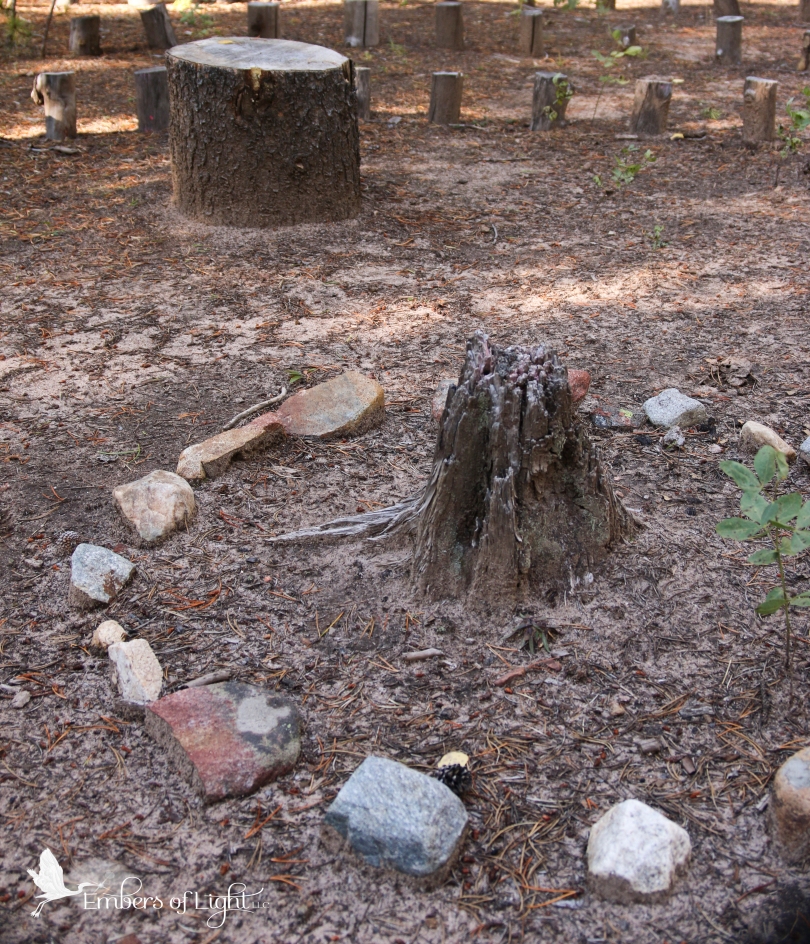
We often see people’s behavior but have no idea why they act the way they do. During my recent travels, I was reading I Am the Word by Paul Selig. Although it’s a book about some advanced metaphysical tools, one small paragraph provided an insightful observation about a particular kind of person.
Selig talked about ones who believe that they cannot be loved. I can see that people who were abused and/or neglected as children could have a pattern like this embedded deep in their psyche. After all, when a child doesn’t get his emotional needs met, it’s logical for him to take it personally. He would think his treatment was because he was unlovable rather than see that his parents were unable to give him what he needed. A man who believes he’s unlovable would not get psychologically close to people. After all, there is no hope for anyone else to love him if his own parents couldn’t. To keep his secret that he’s unlovable, he might emotionally keep people at an arm’s length so they won’t see his deepest secret. He might also be rather cruel to those who profess to love him. After all, how could someone love him when he knows in his heart that he’s unlovable? He might even take things a step further and believe there must be something wrong with anyone who tries to love him. If another person just can’t see the truth about him, they must be defective. And why should he sacrifice his own happiness for the sake of anyone else? Why inconvenience himself for someone who will eventually see through his façade and know he is unlovable? This could mean his behavior could be downright ugly at times, making him perhaps unloved by others. It’s a bit twisted, right? But I can see that’s the way it works.

What happens when the man who believes he is unlovable receives unconditional love? Will he rightfully perceive that love? Would he think it’s just an act? Could he even accept that kind of love? Learning that someone can know his failings and yet still love him has got to feel out of the realm of possibility. If it were somehow to happen, would he change his self-image to being lovable? Would he change?

Selig’s book was really about many other things. The small paragraph devoted to a person’s belief that he was unlovable was by no means the focus of his book. Yet when I read it, I had to stop and consider those I knew who seemed to fit this description. Suddenly, many disparate facts came into focus and a pattern emerged. My perspective on a few people’s behavior shifted, and the pain that must have been behind their behavior was clear.
So what do I do now? How do I look past a person’s behavior and address his pain? Is there a way to do this that he can accept? Do I have to watch and wait for him to figure it out on his own? This has provided me a lot of food for thought lately. If you have any helpful insight, I’d love to hear from you.




This is a wonderful post and hits close to home; I’m struggling with offering unconditional love to a husband who betrayed our vows. He suffered childhood trauma that was never resolved, and after 25 years, his mask came off one day. He changed into being a different person in a heartbeat. Ran away, abandoned me, in deep depression. It’s hard; the love for him doesn’t go away in a heartbeat, at least mine didn’t.
LikeLiked by 1 person
That’s difficult, so don’t expect yourself to bounce back like nothing happened. I can see how conflicted you can be. I wish I had an answer, but the solution isn’t the same for everyone. Don’t listen to those who tell you what you “should” do; you have the right answer – you just have to find it. Peace and blessings.
LikeLike
Love labyrinths! We have a small sunflower maze (seasonal) and it’s such a pleasure to look out the window at it!
LikeLiked by 1 person
I love them so long as they aren’t REAL mazes where you can’t see over the hedge tops… I’m not good with those. They aren’t meditative; those are frightening!
LikeLiked by 1 person
Yeah, too much like “The Shining”, right?
LikeLiked by 1 person
Yup
LikeLike
I’ve found it helps me to hold a softer place for those people but I also acknowledge that change is up to them and if I see they don’t want to, I keep my distance. I don’t feel it’s up to me to “make” someone change, which I know I can’t do anyway. And generally it isn’t healthy for ME, to let people so troubled stay too close. I haven’t reached the place yet where I can hold that unconditional love so strongly that I’m not affected by someone else’s choice to behave badly so I try to energetically hold the love from a distance…
LikeLiked by 1 person
I understand. That’s a good option sometimes.
LikeLike
It’s been a long-term (and often intensely painful) project of mine, too.
Maybe we can’t change them. I’m not sure, What we can do is allow ourselves to experience unconditional love because such people have shown up in our lives. To keep hurling love into the black hole is ridiculously hard, but if we keep doing it, who knows what might happen… ❤
LikeLiked by 1 person
I think unconditional acceptance can also work miracles when unconditional love is ridiculously hard.
LikeLiked by 1 person
Most definitely food for thought, but I think we need to know a bit of a person’s backstory in order to understand pain. Certainly we can be more empathetic to others who are not nice when we can understand that their pain is masked by unpleasantness. How I wish everyone understood that we are all loved, love-able and loving. ♥ Great post Karel. Love the photos too!
LikeLiked by 1 person
Thanks. I’ve been gathering facts on one or two people my whole life, but that’s a little too personal to disclose here. I just now started putting it all together. I have to say that why a person does what they do is helpful for understanding, but we are all accountable for our actions, regardless of motivation.
LikeLike
I heartily agree xoxo
LikeLike
As you said……food for thought. 🙂
LikeLiked by 1 person